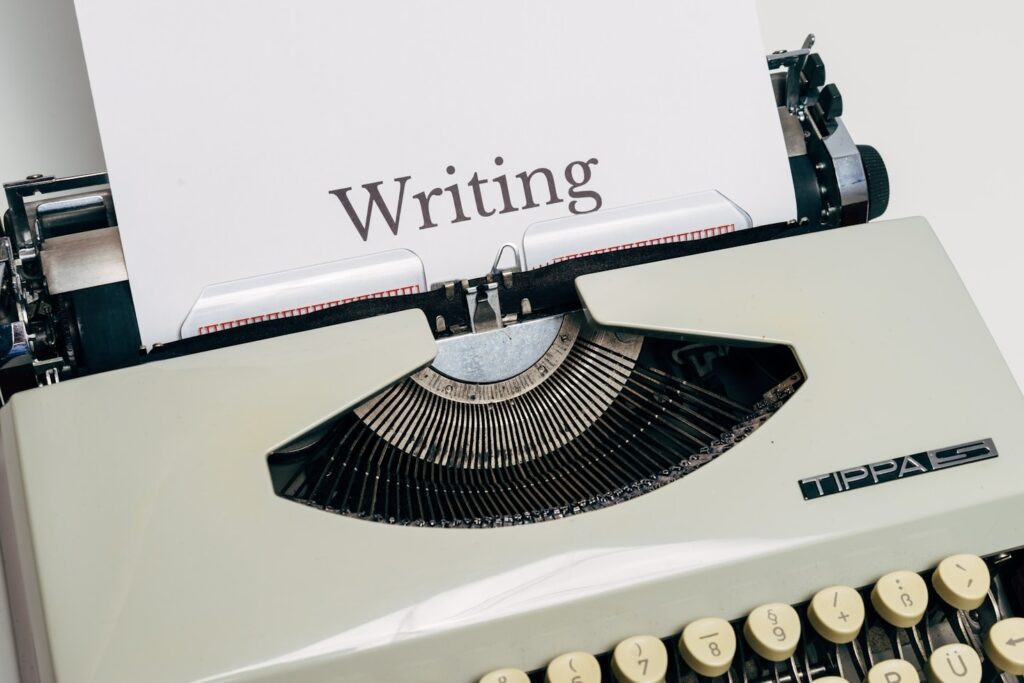There’s a moment — usually somewhere between word 1 and 5,000 — when most writers hit that early wobble.
You start with a rush of energy, fingers flying, characters taking shape. Then… something shifts. You pause. You reread. You wonder if your main character is boring. If your opening is flat. If this whole thing is, frankly, awful.
Let’s slow that spiral down and talk about what actually matters in the first 5,000 words — and what really, truly doesn’t.
✅ What to Focus On
1. Momentum Over Perfection
This is not the time for polishing. Your opening sentence doesn’t need to sparkle. Your dialogue doesn’t need to be sharp. Your main character doesn’t even need to be fully fleshed out yet.
Your only job in the first 5,000 words is to keep going. The magic comes in the rewrite — but only if you have something to rewrite.
2. Establishing the Core
You don’t need to spell out everything, but your opening should gently nudge readers into the world of your story.
Ask yourself:
- Who’s the main character?
- What do they want?
- What’s in their way?
- What tone are you setting?
Even if it’s just a rough sketch at this stage, it gives your story direction.
3. Getting to the “Interesting Bit”
Don’t save all the good stuff for Chapter 9.
Many writers delay the hook — the twist, the inciting incident, the conflict — until they’ve “set things up.” But in truth, readers (and you, as the writer) need a reason to care quickly.
Try to introduce some disruption, mystery, or tension within the first few scenes. Even a small crack in the normal routine can pull readers in.
4. Letting the Characters Talk
Dialogue is a great early tool to reveal character without needing long backstory dumps. Let your characters speak. Let them surprise you.
You can always revise their voices later — for now, just get them talking and moving and reacting.
❌ What to Ignore (For Now)
1. Your Inner Critic
It’s early. Things will be clunky. You’ll reuse the same phrase too often. Your metaphors may not metaphor very well.
That’s normal.
The critic’s job is in the second draft — not the first 5,000 words.
2. Worldbuilding Overload
Yes, your magic system is fascinating. Your post-apocalyptic currency system? Incredible.
But info-dumping too early is like showing someone your holiday slides before they even know your name. Drip it in. Trust the reader. Focus on the people first, and let the world build around them.
3. The Perfect Opening Line
It’s like choosing the perfect wallpaper for a house that hasn’t been built yet. You’ll come back to it — and when you know your story better, you’ll write something stronger.
For now? “X did Y” is enough. Just get it down.
✍️ A Mini Checklist for Your First 5K
- Is the main character doing something?
- Is there a hint of conflict or tension?
- Are you still writing forward, not circling back?
- Is the story giving you some energy, even if it’s messy?
If the answer to most of those is “yes-ish,” you’re on track.
🎯 Final Thought: The First 5,000 Words Are a Compass, Not a Contract
You’re not setting your story in stone. You’re testing the water. Listening to your characters. Exploring your world.
You’ll rewrite it. Probably several times.
But right now? You just need to keep writing. And if you hit a wall, that’s okay too — it’s part of finding the shape of your story.
So keep going. You’re further along than most people ever get.



